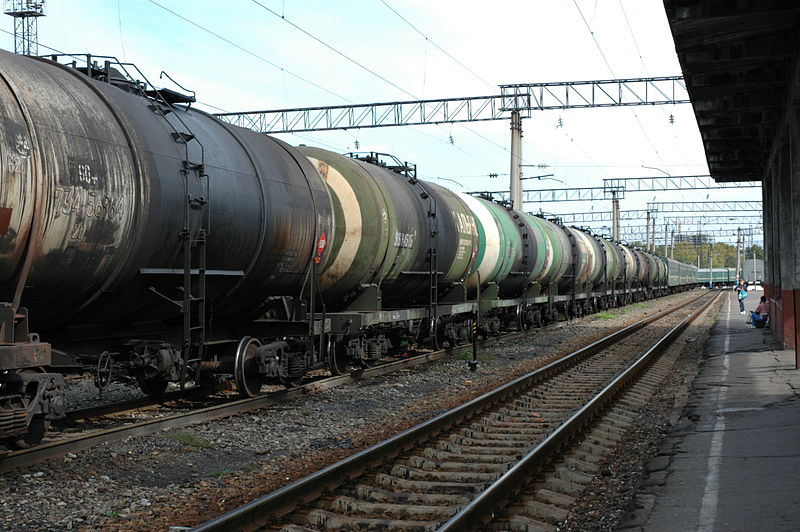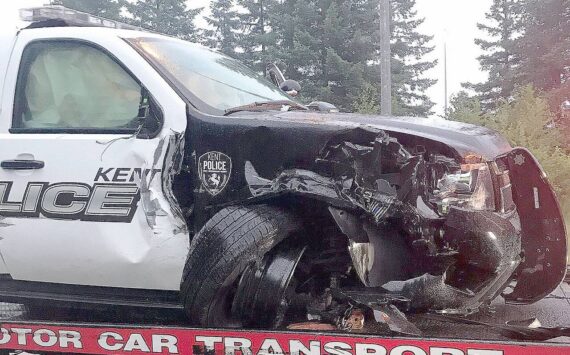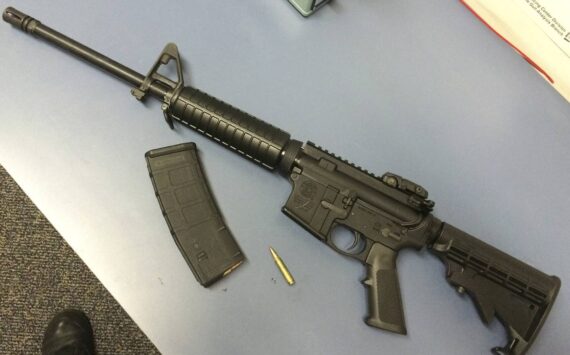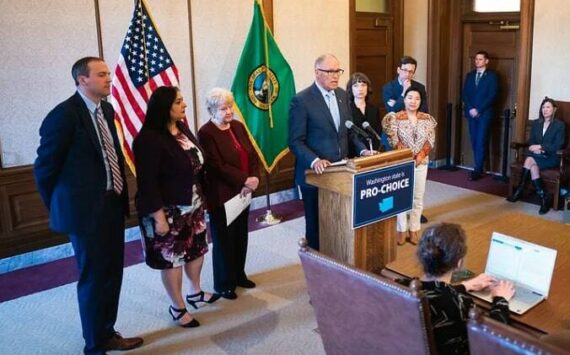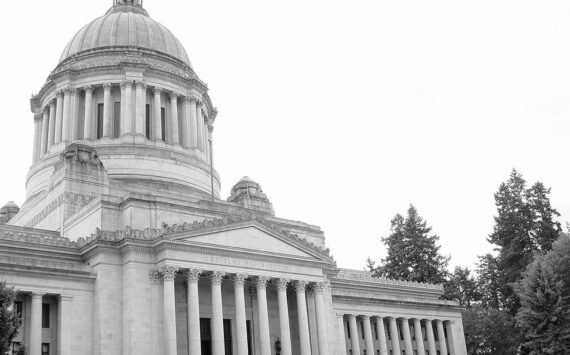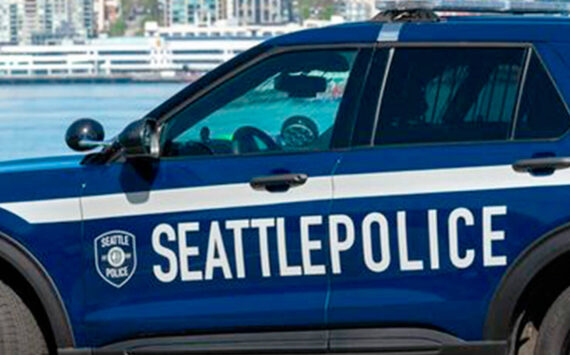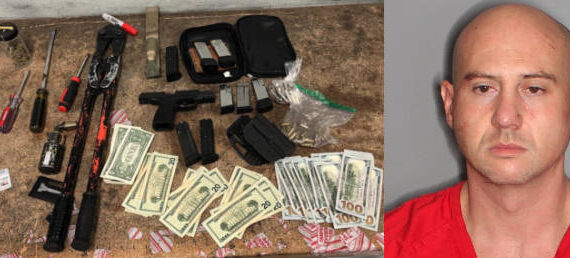OLYMPIA — Washington will hire more rail inspectors and let fire departments know ahead of time when train shipments of crude oil are coming though town under a new law signed Thursday.
It also calls for more training of emergency responders, new analyses of risks posed by shipping oil on the Columbia River and additional contingency plans from railroads in the event of a spill.
But while those changes mark progress in making the transport of oil safer in Washington, Gov. Jay Inslee said the federal government must do more to prevent catastrophic accidents involving oil trains, like those seen in the past few years.
Federal authorities must require immediate replacement of older-model tank cars used to transport crude from the Bakken region of North Dakota, the governor said. And it must act to lower the speeds trains can travel through Washington.
MORE COVERAGE: Recently Revealed Oil-Train Violations Increase Concern in Seattle
“I have to be honest with people that while this (new law) is a step forward, we still have an unsafe situation in our state. It demands federal action,” Inslee said after signing House Bill 1449. “These trains are a mile long, with very volatile material, they’re rolling though our neighborhood and they are not safe today.”
The impetus for the new law is an explosive increase in oil shipments by train.
As recently as 2011, no oil trains traveled through Seattle or the rest of the state. Oil arrived only in pipelines and by marine tanker. In 2013, 700 million gallons moved on rails through the state, Inslee said.
That’s a result of the shale-oil boom in North Dakota. Washington attracts so many shipments because it is the fifth-largest refining state in the U.S.
Last year, an average of 19 oil trains trundled through Washington every week, carrying 57 million gallons of crude spread throughout 1,900 tanker cars.
A spate of fiery and deadly oil train accidents the past two years has fueled lawmaker concerns about the ability of railroads to safely transport the material and the capability of communities to respond to an incident.
State lawmakers couldn’t pass a bill in 2014 but did pay for an exhaustive review of the safety of oil transportation in Washington.
That study, completed in March, concluded that the state isn’t prepared for a major accident. It made 43 recommendations, and several are embodied in the new law.
One is a requirement for refineries to give the state Department of Ecology seven-day advance notice of planned oil deliveries by rail. Those notices must include the day as well as the amount and type of oil to be shipped.
The state intends to pass the information to fire departments and other emergency responders so they can be prepared for a derailment, spill or other type of accident.
The notice requirement is separate from a federal one for BNSF Railway and other firms to disclose the number of trains carrying Bakken crude that will travel through the state each week.
The new state law enables the Utilities and Transportation Commission to hire eight additional inspectors and empowers them to conduct hazardous materials inspections on private property.
Another change is that railroads will now have to submit documents showing they can pay to clean up a bad oil spill. And the state will begin collecting a barrel tax on shipments of oil by train in addition to marine tankers.
“While there is more work to be done, we have made progress today,” Inslee said.
The issue is getting attention in Washington, D.C.
Last month, the U.S. Department of Transportation ordered a phase-out of older model tankers known as DOT-111, which have been shown to be at high risk of puncture and fire in derailments. Other changes would force oil shippers to slow down trains in urban areas and use better braking systems.
Federal lawmakers are pushing for faster action.
U.S. Sen. Maria Cantwell, D-Wash., introduced a bill in March to immediately stop the use of DOT-111 tank cars and replace them with newer models built with thicker shells, thermal protection, pressure-relief valves and other measures to lessen the chances of an explosion.
Jerry Cornfield: 360-352-8623; jcornfield@heraldnet.com.
